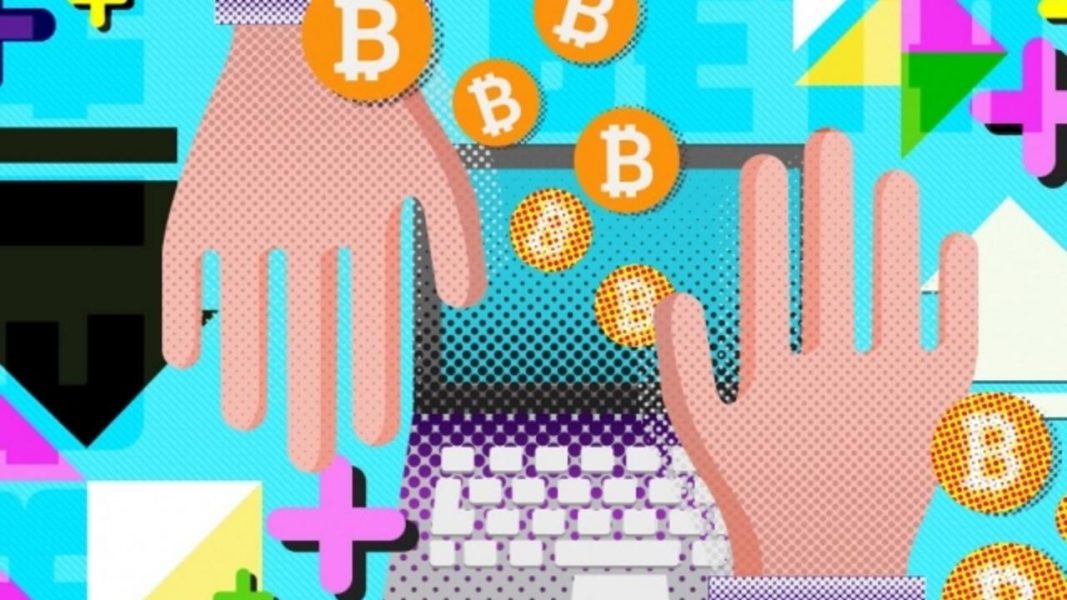The US Executive Office has finally published its long-awaited order on cryptocurrencies. Much to the market’s relief, it contains no new regulations or restrictions. The document’s foremost purpose seems to be preparing the US authorities for the new financial world with a radically increased role of cryptocurrencies.
The key takeaway from Joe Biden’s executive order (https://www.whitehouse.gov/briefing-room/statements-releases/2022/03/09/fact-sheet-president-biden-to-sign-executive-order-on-ensuring-responsible-innovation-in-digital-assets/) – it’s a framework document without even a hint of any specific regulations. By and large, it serves as a statement: the US government has turned its attention to the cryptocurrency field, recognized its seriousness and viability, and is ready for dialogue and integration of cryptocurrencies and financial blockchain technologies into the real economy.
Here are the main points of the order:
– the White House is willing and ready to develop blockchain technologies but wants to prioritize protecting consumers and businesses;
– to this end, it will coordinate the actions of various state bodies – the Treasury, federal and national security agencies;
– the USDT specifically was tasked with launching an educational campaign for individuals and businesses to explain the safe use of crypto assets;
– the CBDC (digital dollar) launch is to take place after the audit to ensure its compliance with the national interest;
– the Treasury also should prepare a report on “the future of money”;
– supporting innovation is required to secure an advantage for the United States in the global arena.
In other words, the Biden administration has identified six key priorities for the state apparatus in the crypto sphere:
– consumer protection;
– financial stability;
– prevention of illegal use;
– leadership in the global financial sector;
– financial service availability;
– promoting innovation.
Before the release of the executive order, representatives of the American (and not only) crypto business seriously feared that it would spell out a sharp tightening of industry regulation. But, contrary to the expectations, the wording of the document turned out to be quite soft. Most importantly, it outlined the direction for coordination and consolidation of various departments’ efforts within a unified national cryptocurrency policy.
The entire industry breathed a sigh of relief at the lack of any new restrictions in the document – really, there weren’t even controversial or potentially dangerous points. Unsurprisingly, the market reaction was overwhelmingly positive: investors regained confidence as it became clear that Biden would not amplify state control over crypto. That being said, the order still points to the volatility of digital assets as a significant problem.
Quite unusually for such documents, the president also mentions that about 40 million US citizens (approximately 16% of the adult population) have already invested in crypto, traded, or otherwise used cryptocurrencies.
It is probably safe to assume that the executive order is meant to prepare the country for the new financial reality. Global changes to the financial market already predicted by analysts of the largest banks will likely come sooner than anticipated. According to, for example, Credit Suisse, Russia’s war against Ukraine and the harsh sanctions that followed it will change money forever, and the global economics will never be the same again. But cryptocurrencies and the DeFi sector might ultimately benefit from it, as this new world order will have just a place for them.
Prior to joining Credit Suisse as a strategic analyst, Zoltan Pozsar served at the US Federal Reserve, so his opinion is clearly worth listening to when he writes: “What marked the end of the current monetary system was the day when G7 countries decided to freeze Russia’s gold and foreign exchange reserves as part of their sanctions. Before that, no one seriously thought it possible. Gold, which was previously considered a risk-free asset, lost its status, as it too came under threat of confiscation.”
So, physical gold is suddenly no longer perceived as the most reliable asset. (Not for individuals, of course, but for states and corporations.) This situation, Pozsar claims, can greatly benefit bitcoin and other cryptocurrencies, albeit to a lesser extent. However, a certain level of BTC adoption by governments and the banking system will necessarily entail regulatory legal acts on its legalization. Hence, expect the introduction of explicit norms for handling cryptocurrency circulation.
The next stage, of course, is the states trying to replace the independent Bitcoin, Ethereum, and other cryptocurrencies with their own digital money – CBDC. China is already having success with it – their government turned out to be a true visionary here. Judging by the contents of Joe Biden’s order, the US government assessed the effectiveness of China’s digital yuan policy, considered forecasts regarding changes in global finance, and decided to definitively delineate their attitude towards cryptocurrencies, as well as create the digital dollar as competition to the digital yuan.
Pozsar is not the first expert who believes that bitcoin will become the new gold (or at least partially replace it), but he was the first to express this view in light of current circumstances, with the world’s leading countries sanctioning Russia’s gold and foreign exchange reserves. These events make previously vague forecasts rapidly take shape.
So far, though, the official American position on cryptocurrencies can be summarized as follows: “OK, let’s take a closer look and think about how to fuse them with the dollar and use to enhance American global dominance.”


